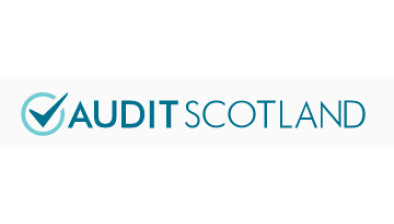Auditor general calls for urgent financial overhaul at Scottish Canals

Scottish Canals, the public body overseeing Scotland’s historic waterways and attractions, has come under fire from auditors for failing to accurately value its extensive asset portfolio.
The body’s struggle with asset valuation and financial reporting has rendered auditors unable to endorse its accounts or verify its financial position.
Since changing its status from a public corporation to a non-departmental public body in April 2020, Scottish Canals has grappled with adapting to new financial reporting and accounting rules. The body, which holds over 4,000 assets ranging from 200-year-old engineering structures like the Avon Aqueduct to popular tourist sites like The Kelpies, has failed to provide a reliable valuation, complicating the auditing process. These inaccuracies have been further compounded by errors in the body’s documentation and data.
There were “a significant number of errors” identified by auditors and an absence of “sufficient evidence” to support Scottish Canals’ claimed £407 million asset value, thus undermining the body’s 2021/22 accounts.
Stephen Boyle, auditor general for Scotland, said: “Scottish Canals urgently needs to develop an effective plan to resolve these ongoing issues relating to the valuation of its assets.
“Senior leaders also need to ensure they have the right staff and expertise to draw on in order to meet their financial reporting responsibilities in a way that provides value for money.”
To tackle these issues, Scottish Canals has already expended over £500,000 on consultant support for its asset valuation activity, an expenditure that had not been factored into the original budget. An additional £100,000 has been earmarked for further valuation work in 2022/23.
Scottish Canals’ finance director, Sarah Jane Hannah, responded: “We look forward to working with our new auditors, Audit Scotland, to agree the judgments and estimates in the valuation are reasonable and meet reporting requirements.”






